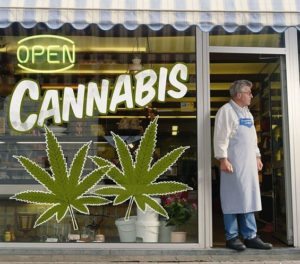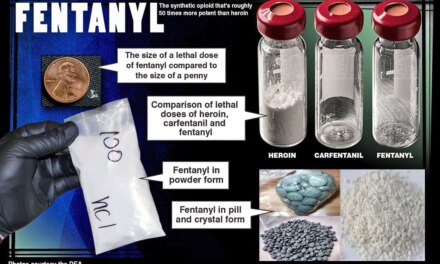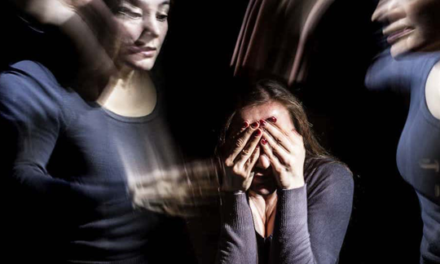No, our subject today isn’t the villains from Star Trek. It’s a new fad that’s become popular among college-age kids. Not all of them, fortunately, but enough to raise warning flags.
College students drinking ‘borgs’ are ending up in the ER.
The ‘borg’ in this case refers to a gallon jug of water filled with vodka, electrolytes, and energy drinks. That sound attractive? You must be a college student.
Videos of people indulging in borg-fueled drinking bouts are common on (where else?) TikTok. At the University of Massachusetts at Amherst, a single evening of communal borg-ing resulted in 28 ambulance calls. There’s even a TikTok ‘tutorial’ on the proper preparation of the borg ‘cocktail’ — presented by a young woman in a cowboy hat (see the photo above).
I was a dumb college student once, but I do think this one might have been too stupid even for me. Without getting too far down the conspiracy rabbit hole, who benefits from making America’s college students into stupid drunks at the risk of long-term toxic damage? And do they own TikTok?
I recall some of my high school classmates returning from a ski trip to Colorado with tales about wild parties that featured something called “Mother Hunch Punch” as the beverage of choice. Picture a vat of vodka mixed with Hawaiian Punch, to be consumed in vast quantities. Similar concept to borg-dom, I think. Drink as much as you can in as short a period as possible. Then pass out.
Borg, by the way, is an acronym for ‘blackout rage gallon’. To me, that suggests memory loss is a common byproduct. Apparently the addition of stimulants to all that alcohol yields a drinker who is less obviously drunk and therefore able to keep on drinking until they actually lose consciousness. I’d be surprised if some of those ambulance calls weren’t a result of the other kids getting scared when they were unable to revive their buddies.
Colleges, in my experience, have a weirdly ambivalent attitude towards this kind of behavior from their students. On the one hand, they hate it, due to the embarrassing incidents that accompany it. Those carry risks, legal and financial as well as medical. So they vigorously condemn such behavior in public statements, while being careful not to suggest any fault on their part. I’m told that most colleges seek to avoid a reputation for being overly strict about partying. That, I’ve heard, can discourage fun-seeking prospective students from applying.
The result? A wink and nod, unless and until something truly serious happens.
Which, unfortunately, it sometimes does.













